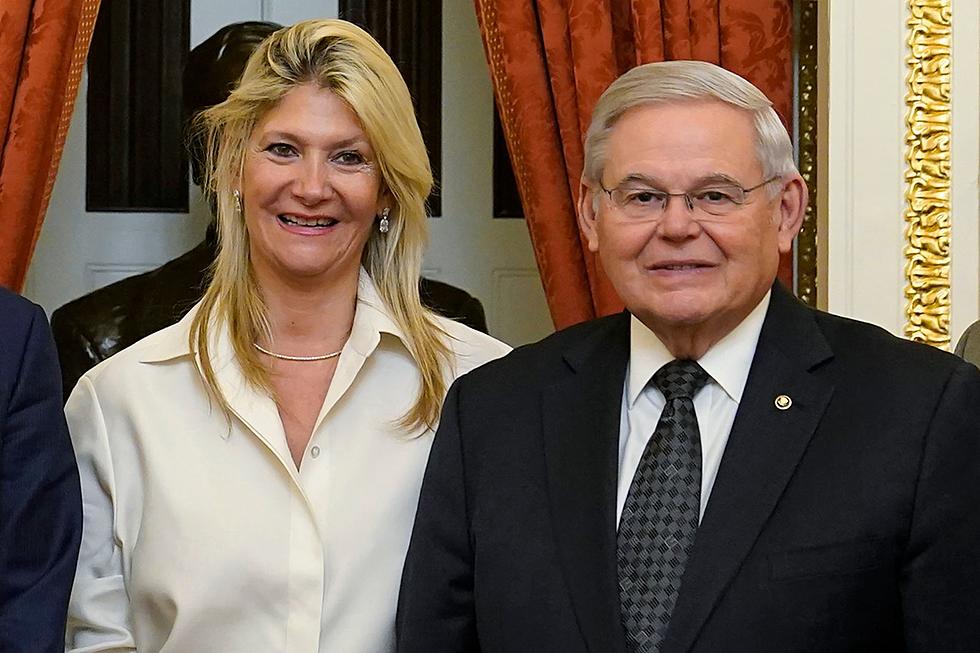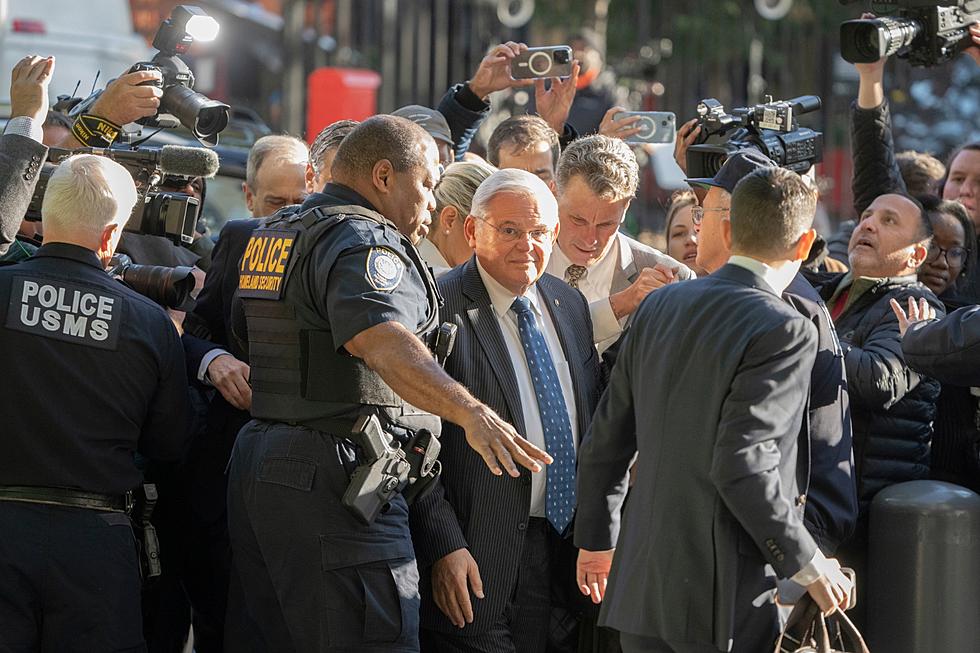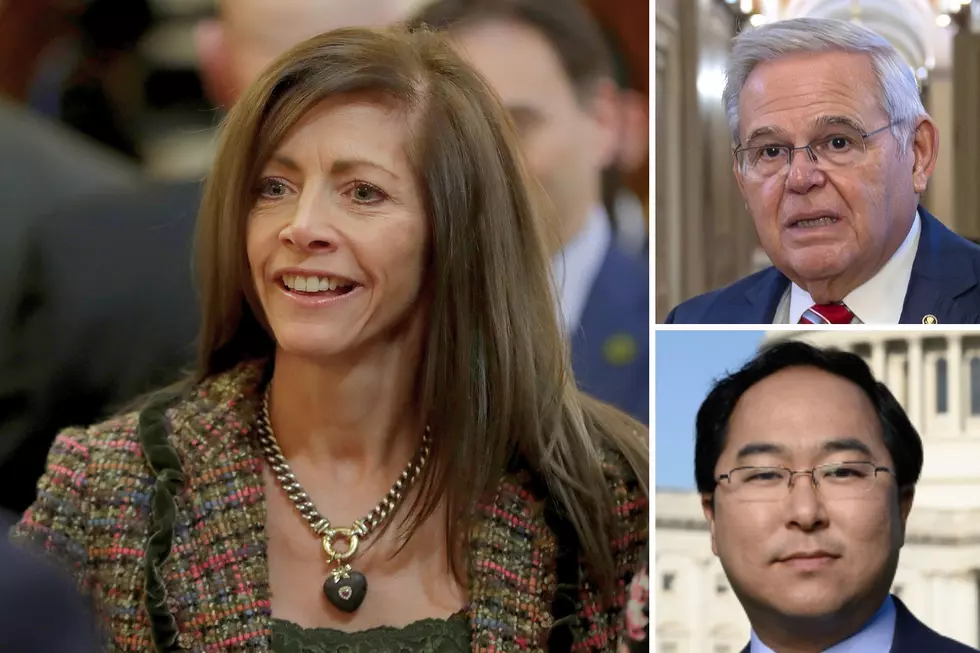
SMART Fund formally introduced: $500 billion in COVID-19 funding
Every county and municipality in New Jersey, and every state in the nation, would be in line for a share of $500 billion in emergency funding to take on the financial impact of the coronavirus pandemic, under bipartisan legislation introduced by members of Congress from New Jersey and elsewhere.
The State and Municipal Assistance for Recovery and Transition (SMART) Act, formally introduced Monday, prioritizes assistance to the areas that need it most, but allows every state, county and municipality to access direct financial assistance, regardless of size.
"State and local leaders have been sounding the alarm, and if the federal government doesn't step up in a meaningful way to help our front-line states and communities in this time of crisis, they will have no choice but to lay off the very essential workers and cut the critical services our residents and businesses depend on," U.S. Sen. Bob Menendez, D-NJ, said during a teleconference Monday with reporters.
The framework for the legislation crafted by Menendez and Sen. Bill Cassidy, R-La, was revealed one month ago. In the time since, Menendez said, colleagues on both sides of the aisle have been "eager to join" the effort.
"Any family that would be preparing a budget would understand that if you have all this money going out and so little coming in, it's a recipe for fiscal disaster," Menendez said. "And raising taxes to cover shortfalls at a time when so many are in financial distress would only, I believe, further setback our recovery."
Menendez was recently invited to join Gov. Phil Murphy's daily COVID-19 press briefing, and promoted the SMART fund proposal.
New Jersey U.S. Sen. Cory Booker, D-NJ, is among a handful of senators who've signed on as original cosponsors. Reps. Mikie Sherrill, D-NJ and Peter King, R-NY, are leading companion legislation in the House of Representatives.
Sherill noted the SMART Act builds upon the $150 billion set aside in the CARES Act for help and state local governments, but unlike the CARES Act, this proposal does not set a population threshold for assistance. The CARES act required population in excess of 500,000 for direct aid.
"That left 12 counties in New Jersey, including Morris and Sussex in my district, without direct federal aid," Sherrill told reporters.
One-third of funds would be disbursed to states and their counties and municipalities based on population size. Another third would be based on infection rates, and another third based on revenue losses.
On Monday, Murphy announced the known coronavirus death toll in New Jersey increased to 10,435. The number of confirmed cases climbed by 1,735, to a total of 148,039.
More from New Jersey 101.5:
Air National Guard 'New Jersey Salutes' Flyover
Contact reporter Dino Flammia at dino.flammia@townsquaremedia.com.
More From New Jersey 101.5 FM









